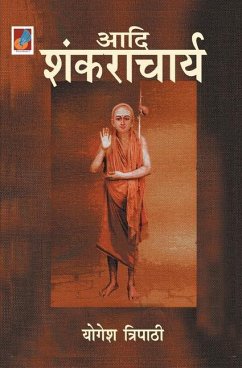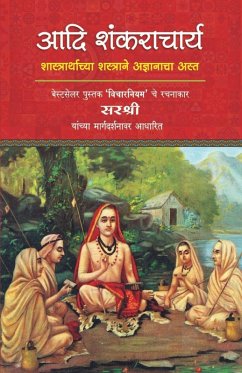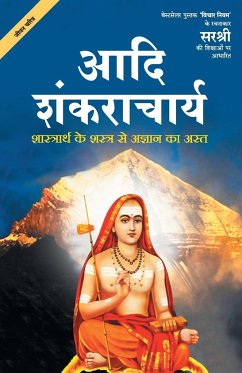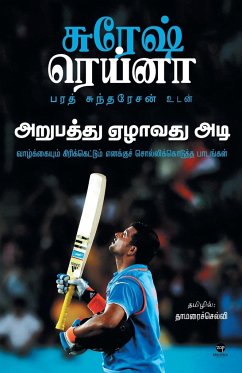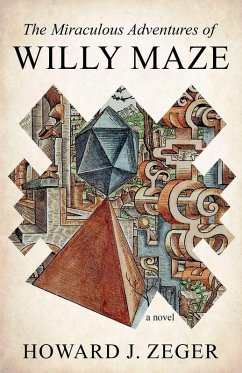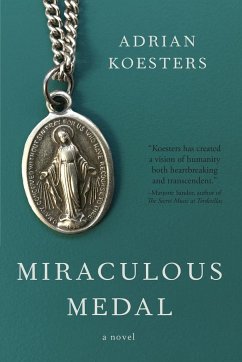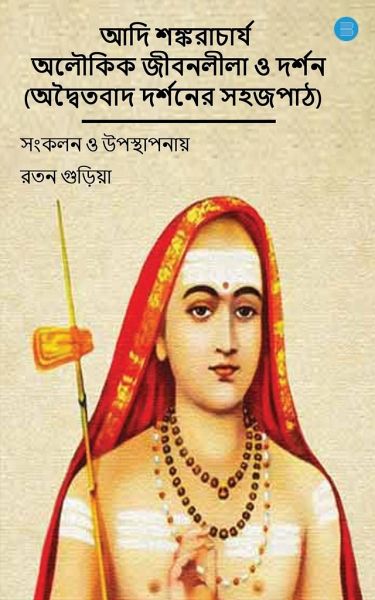
Miraculous Life of Adi Shankaracharya and His Philosophy
Versandkostenfrei!
Versandfertig in 1-2 Wochen
23,99 €
inkl. MwSt.

PAYBACK Punkte
12 °P sammeln!
Adi Shankaracharya was one of the demigods who incarnated in the Kali Yuga for the establishment of religion for the welfare of mankind. He was a great philosopher and theologian in the world. Being an intellectual giant, a genius of dialectology he expounded the doctrine of the Advaita Vedanta philosophy and the fundamental ideas of Upanishads. He renounced all worldly pleasures at a very young age. At the age of four, he could recite the Vedas mantra and at the age of eight, he took Sanyas and left home. After the near extinction of the eternal and oldest religion, Hinduism due to Buddhist i...
Adi Shankaracharya was one of the demigods who incarnated in the Kali Yuga for the establishment of religion for the welfare of mankind. He was a great philosopher and theologian in the world. Being an intellectual giant, a genius of dialectology he expounded the doctrine of the Advaita Vedanta philosophy and the fundamental ideas of Upanishads. He renounced all worldly pleasures at a very young age. At the age of four, he could recite the Vedas mantra and at the age of eight, he took Sanyas and left home. After the near extinction of the eternal and oldest religion, Hinduism due to Buddhist invasion, the young monk Adi Shankara, composed commentaries on the Upanishads, Bhagavad Gita, and Brahma Sutras and composed hundreds of valuable works on Hindu scriptures and walked throughout India from south to the north and from west to the East with his disciples to re-establish Sanatana Hinduism explaining the unification of soul (atman) with the Supreme Soul (Nirguna Brahman) in his 32 years of human life. Shankaracharya explained the existence of the Supreme Being (Brahman) which is the only Reality. While preaching Sanatan Hinduism throughout the country, he condemned the philosophy of 'Mimamsa' which was based on ritual practices only. Throughout his spiritual journey, Shankaracharya discussed the doctrine of the Advaita Vedanta with other philosophers and established his ideas on Advaita Vedanta. He founded four monasteries to continue the teachings of Hinduism. His life was full of wonderful miracles. This book attempts to explain the wonders of his life and philosophy.





